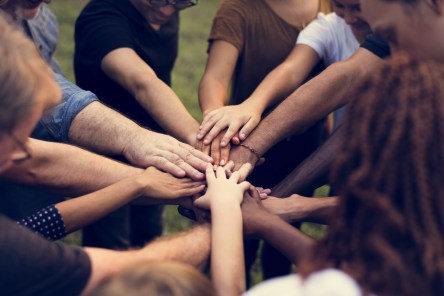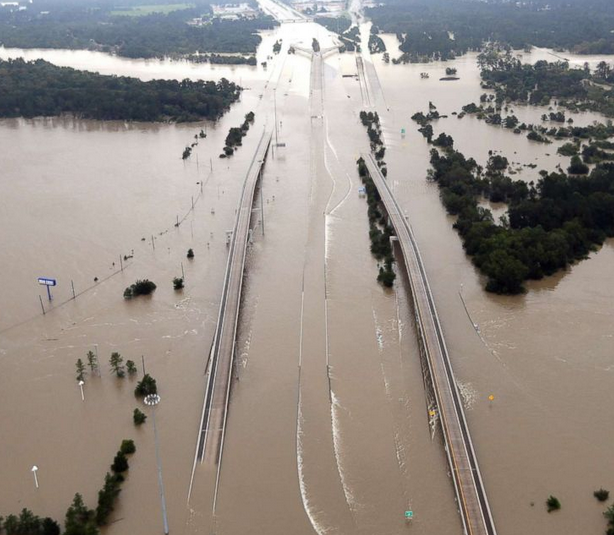In the wake of Hurricane Harvey, Yardi quickly established relief resources for clients and a donation platform for employees. To date, Yardi employees have contributed thousands of dollars to disaster relief efforts. The Yardi Foundation will match these employee contributions. Thurs far, Yardi has donated a significant chunk of its $1 million foundation pledge to the following organizations: ShelterBox USA specializes in emergency, temporary shelter for families displaced by natural disasters and conflict. The organization estimates that about 85 million people around the world have been made homeless by adverse natural and political conditions. Houston Food Bank leads the fight against hunger by facilitating food access for all. Last fiscal year, the Houston Food Bank distributed 83,000,000 nutritious meals through local organizations. Nearly 20 counties benefit from Houston Food Bank services. OneStar Foundation has partnered with the Michael and Susan Dell Foundation to rebuild Texas. The organizations set a goal to raise $100 million through concerts, special events, and other fundraisers. To date, the Rebuild Texas Fund has received $68.6 million to help with Hurricane Harvey recovery efforts. Southeast Texas Food Bank partners with over 130 non-profit agencies in eight counties. The non-profits provide approximately 90,000 meals to people in need each month. Greater Houston Community Foundation is one of the largest grant makers in the region. The Foundation helps donor direct their contributions towards causes that will have profound impact. One grant, the Mayor Turner and County Judge Emmett Establish Hurricane Harvey Relief Fund, has raised more than $67,400,400. Coastal Bend Food Banks, formerly Food Bank of Corpus Christi, offers two family programs and three programs that are targeted towards kids and teens. In addition to food security, the organization focuses on nutrition education. St. Bernard Project shrinks the time between disaster and recovery. The...
Recovery from Harvey
Aid Heads to Texas
In the wake of Hurricane Harvey, Congress has approved a $15.25 billion disaster aid package for the Federal Emergency Management Agency (FEMA). An additional package for Hurricane Irma recovery is likely under deliberation. The approved funds will contribute to, yet not cover, emergency assistance for regions of Texas and Louisiana overcome by Hurricane Harvey. The total funds needed for recovery may exceed $50 billion, according to analysts. The Gulf Coast of Texas received an unprecedented 50 inches of rain in less than four days. Homeland Security reports the loss of at least 70 lives and the destruction of more than 100,000 homes. Nearly 42 percent of Texans live in areas covered by the disaster proclamation. Beyond the Storm After Hurricane Allison, the 2014 City of Houston drainage study revealed that many of Houston’s poorest communities were inadequately prepared for “even modest storm events.” The National Community Reinvestment Coalition published a statement and map that shows the correlation between high-risk flood zones and communities of color. CNN reports that the city council approved $10 million to reduce drainage issues. Texas Housers and the Texas Organization Project claim that the City of Houston did not take action to protect its residents or mitigate the effects of Hurricane Harvey. Dam releases contributed to the devastation. On Monday, the US Army Corps of Engineers began to release water from the Addicks and Barker dams. The assumption was that the neighborhoods could better manage the water with controlled releases than uncontrolled overflow from the dams. Flood control officials in Harris County estimate that hundreds of properties flooded as a result of the controlled releases. Seeking Shelter Housing is the leading priority for disaster recovery specialists. Red Cross and partner associations opened 240 shelters in Texas and six shelters in Louisiana....


